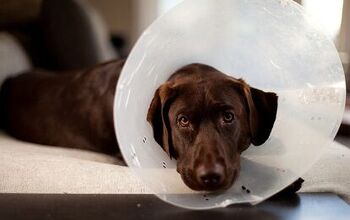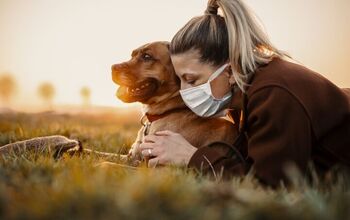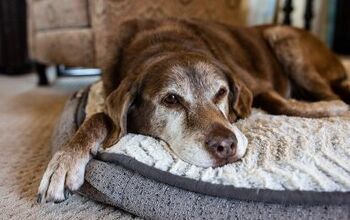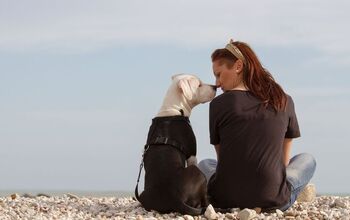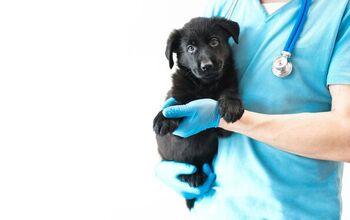Common Myths About Spaying And Neutering Your Dog

As a responsible pet parent, one of the questions you’ll be faced with is whether or not you will spay or neuter your dog. And the myths that surround this surgery could affect your decision. We want to debunk these myths. Having your dog spayed or neutered helps to keep pets out of shelters down the road, curbs health issues and will save you money in the long run. Let’s look at the most common myths about spaying and neutering.
Myth My Dog Will Get Fat
Being spayed or neutered has nothing to do with weight gain – it has everything to do with diet and exercise. So you can’t blame it on the surgery… this one is on you! If you see a weight gain after your dog has been spayed or neutered, it could be due to overfeeding or lack of activity. Check the fat and serving sizes of meals and make sure to get out for daily walks, play times and trips to the dog park.
Myth Spaying and Neutering is Expensive
Shelter and rescue organizations offer spaying and neutering surgeries with every adoption. Veterinarians have low cost packages or even free spay and neuter programs, depending on where you live. This is an investment that will save lives down the line – with more dogs on the streets or in unwanted households, the issue of euthanasia will remain an ongoing problem. By having your dog spayed or neutered, you’re ensuring you’re doing your part to control the responsible growth of the pet population.
Myth Spay and Neuter Surgeries Are Too Risky
As with any kind of surgery, especially when anesthesia is involved, there is risk with spaying and neutering. But overall, the complication rate is quite low. This type of surgery is the most common type of procedure performed each year, so the vets know what they are doing. Your dog will be back up on his paws and back to his old ways in just a few days.
Myth A Female Should Have a Litter Before Being Spayed
The sooner you spay your female dog, the better her health will be in the future. In fact, the longer you wait, the great the risk your dog will develop mammary tumors or uterine infections. Early sterilization is safe and if dogs are spayed before their first heat (6 to 9 months of age), they have less of a chance of developing mammary cancer.
By spaying or neutering your dog, you’re doing your part to keep your dog healthy and keep the shelter population down. And if that doesn’t convince you, here’s Bob Barker to remind you…

Amy Tokic, Editor of PetGuide.com, is a passionate animal lover and proud pet parent of Oscar, a Shih Tzu/Chihuahua cross, and Zed, a Japanese Chin. Her love of animals began in kindergarten, when she brought her stuffed dog Snoopy into class with her every day. Now, she writes about her adventures in pet ownership and tirelessly researches products, news and health related issues she can share with other animal enthusiasts. In her free time, Amy loves perusing used book and record stores, obsessing over the latest pet products available and chasing squirrels with wild abandon (a habit attributed to spending too much time with her pooches).
More by Amy Tokic







